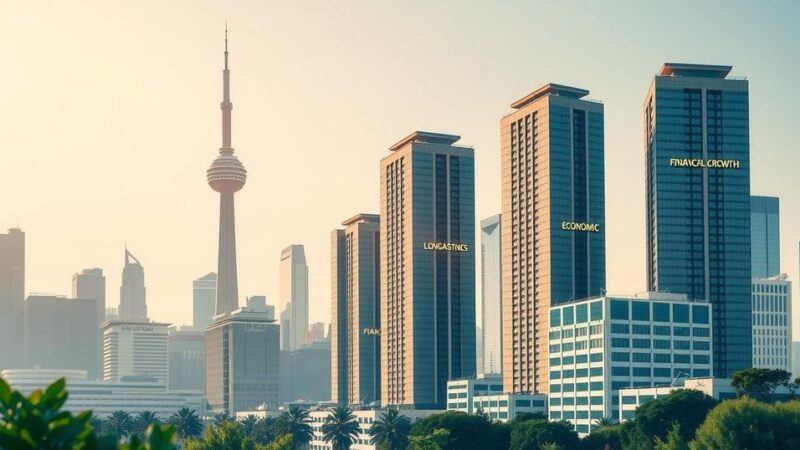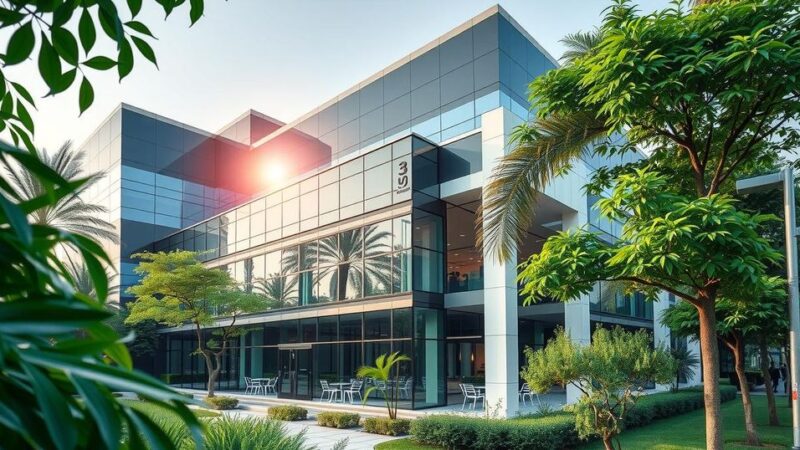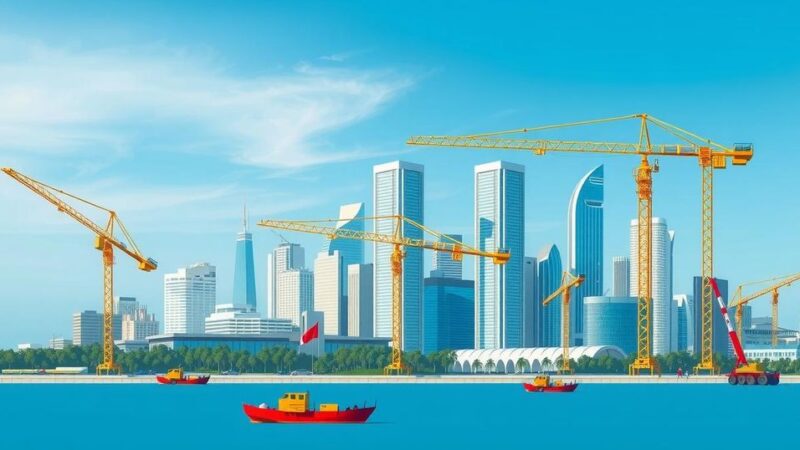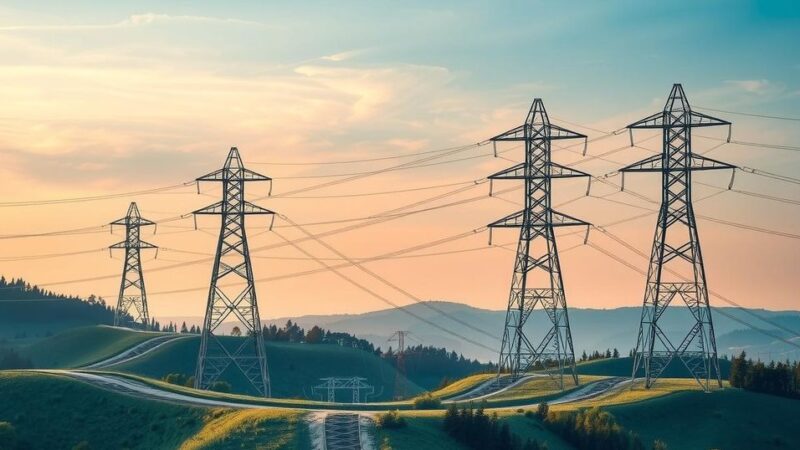The EBID is committed to maintaining its financial relationships with Mali, Niger, and Burkina Faso despite political tensions within ECOWAS. Dr. George Agyekum Donkor affirmed that loan repayment obligations should remain unaffected by any potential exit of these countries from ECOWAS. Established in 1999, EBID primarily operates as a financial institution, focusing on economic collaboration rather than political affiliations.
The Economic Community of West African States (ECOWAS) Bank for Investment and Development (EBID) remains steadfast in its commitment to sustaining financial partnerships with Mali, Niger, and Burkina Faso, despite the ongoing political disputes within ECOWAS. These nations are contemplating their withdrawal from ECOWAS, yet EBID seeks to preserve collaborative relations with them. During the recent 89th Ordinary Session of EBID’s Board of Directors held on October 1, 2024, in Lomé, the President of EBID, Dr. George Agyekum Donkor, articulated this resolve, emphasizing that the Bank will continue its strong commercial ties with these three countries. Dr. Donkor highlighted that both Burkina Faso and Niger are fulfilling their loan repayment obligations, asserting that the potential exit of these nations from ECOWAS should not influence their financial responsibilities as EBID operates as a financial institution devoid of political considerations. This commitment is in line with Togo’s initiative to enhance trade interactions with Mali, Niger, and Burkina Faso, particularly in customs operations. EBID, established in 1999, boasts an authorized capital of $3.5 billion as of the conclusion of 2023, with 70% of this capital contributed by regional stakeholders from the 15 ECOWAS member states. Furthermore, the Financial Joint Venture, the Alliance of Sahel States, represents 6.29% of EBID’s capital, alongside notable shares from Nigeria, Ghana, and Togo.
The ECOWAS Bank for Investment and Development (EBID) serves a critical role in financing development initiatives within West Africa, focusing on investment projects that promote economic growth and cooperation among member states. Established in 1999, the Bank underscores the importance of robust financial relationships, particularly in light of evolving political dynamics within the region. With Mali, Niger, and Burkina Faso recently forming the Alliance of Sahel States (AES) and considering their exit from ECOWAS, EBID’s commitment to these nations amidst such tensions highlights the need for continued economic collaboration irrespective of political affiliations. This situation necessitates a careful balance, ensuring that essential financial engagements are preserved to foster stability and development in the Sahel region.
In conclusion, the EBID’s dedication to maintaining financial ties with Mali, Niger, and Burkina Faso exemplifies the organization’s intent to prioritize economic collaboration over political challenges. The ongoing repayment of obligations by these nations reinforces the practicality of such partnerships, even as they undergo significant political changes. The EBID’s emphasis on its role as a financial entity rather than a political one reflects a strategic approach aimed at ensuring sustained economic development across the region, facilitating mutual growth among member states and fostering a stable environment for future investment opportunities.
Original Source: www.togofirst.com






